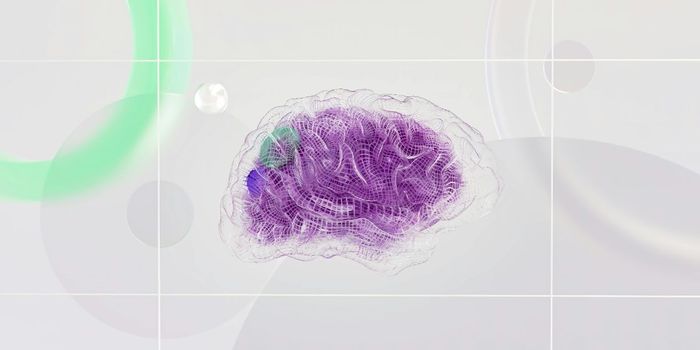Scientists Discover Cannabinoid 30 Times Stronger than THC
Scientists from Italy have identified a new cannabinoid in the glands of the Cannabis plant, known as tetrahydrocannabinol (THCP), that may be at least 30 times stronger than tetrahydrocannabinol (THC), the known psychoactive component in cannabis.
Studies have suggested that the presence of alkyl side chains on THC is what allows it to interact with the receptor CB1 to create the mind-binding high cannabis is known for. While cannabinoids must carry at least three carbon rings on this side chain to bind with CB1, THC has five. Theoretically however, having more than five- and up to eight- of these carbon rings would create an even more snug fit with the CB1 receptors, and thus a stronger high. Given that THCP has seven such rings, researchers theorize that it may have an even stronger psychoactive effect than THC.
At least when applied to makeshift receptors in a lab dish, they noted that it was 30 times more likely to bind with CB1 than THC. Moreover, when giving this compound to mice, they found that the animals behaved as though they were on THC- their movement slowed, their temperatures decreased and they were less reactive to painful stimuli. Moreover, they found that to equalize the mice’s effects on THC, mice needed just half as much THCP.
The potency of THCP in this way may explain why some strains of cannabis are known for different highs than others- as levels of THCP may vary from strain to strain. Although this is yet to be confirmed by further study, team researcher, Cinzia Citti said, “Once all pharmacological profile of THCP has been established, I can imagine that THCP-rich cannabis varieties will be developed in the future for specific pathologies.”
While the researchers believe that the compound could be used for medical purposes in the future, they recognise that they firstly need to study both the potential benefits and risks of the compound. A long process, work is particularly needed to understand the extent of their effects on humans according to precise concentrations.
Citti added, “Everything beyond our preliminary experiments represents only a speculation. Our main message is the importance to evaluate the exact chemical profile of a cannabis-based medicine and know each time the exact concentration of all active principles, otherwise it would be not reasonable to consider cannabis medicine.”
Sources: Health Europa, Vice and Live Science









